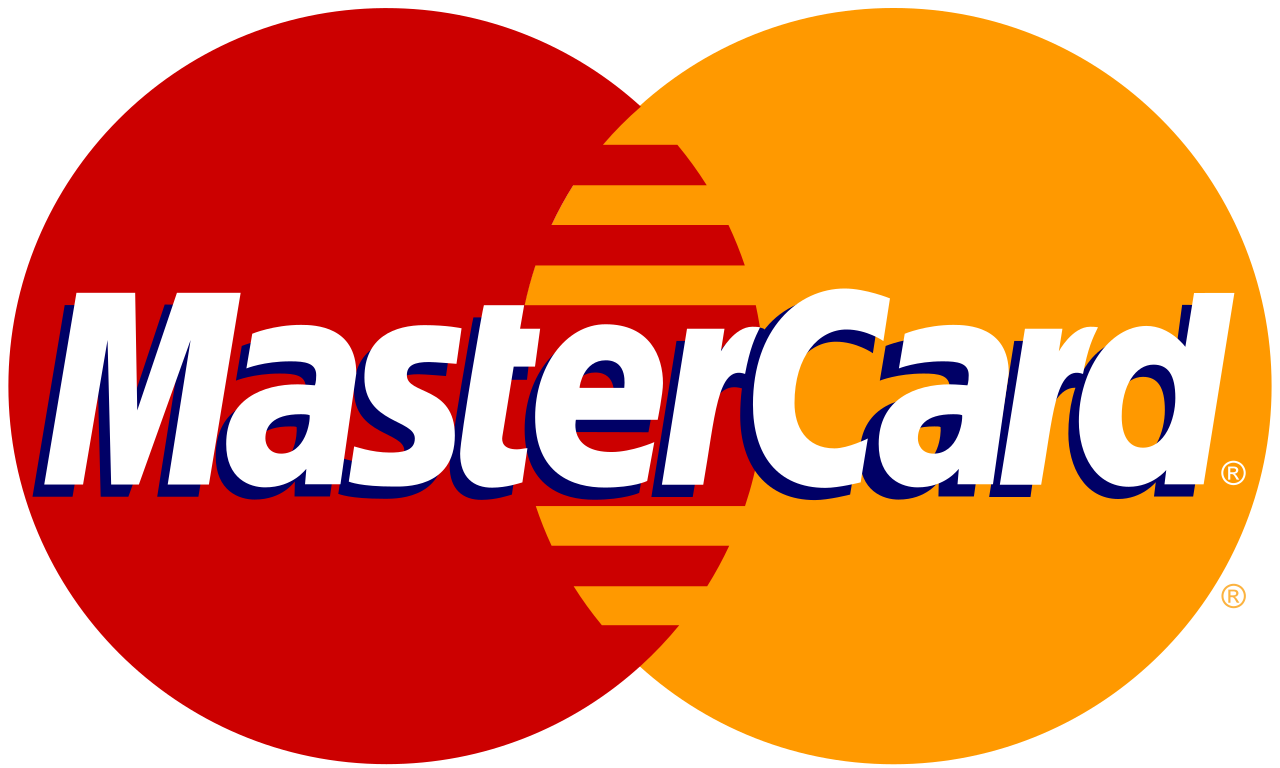insurance
Note:
greater Love Counseling DOES NOT accept insurance.
-
WHY I DON’T ACCEPT INSURANCE
Numerous individuals seek to utilize their health insurance for therapy, a choice driven by the desire to save money, which is entirely understandable—I, too, appreciate financial prudence.
However, it's crucial to recognize that there are inherent non-monetary implications tied to using insurance for therapy. While autonomy in decision-making is paramount, I advocate for informed choices in this domain. Here's what you may not be aware of:
For therapists to bill your insurance, they must join the insurance company's panel. This requires the assignment of a diagnosis during claim submission. Insurance providers solely cover treatment deemed 'medically necessary,' typically requiring a diagnosis aligned with the Diagnostic and Statistical Manual of Mental Disorders (DSM). Although many seeking insurance face significant challenges, these often don't meet DSM criteria.
Moreover, therapists must not only assign a diagnosis but also demonstrate its significant impact on functionality. Additionally, some insurers mandate regular progress updates, complicating the process.
While some individuals have genuine diagnoses warranting treatment, many seek support solely for behavioral patterns hindering their desired lifestyles.
Concerning couples counseling specifically, the absence of a covered DSM diagnosis code for relationship counseling complicates matters. Therapists must assign a 'medically necessary' diagnosis to one partner, even if neither meets the criteria.
Assigned diagnoses and updates become permanent medical records, potentially impacting future endeavors such as health insurance applications, life insurance application, DoD security clearance approval, or job opportunities. Despite privacy laws, medical records might not remain as confidential as presumed, potentially influencing decisions by insurers or employers.
As a therapist, I face an ethical quandary. While recognizing valid cases warranting diagnoses, I believe most clients don't require psychiatric labels. I'm uncomfortable assigning diagnoses, even 'lighter' ones, viewing it as unfair to both clients and myself.
Ultimately, the decision lies with you, now armed with crucial information. For some, insurance billing remains the preferred route. If opting for insurance-based therapy, consult your provider list for suitable therapists.
-
Sliding Scale Rates are available based on income. Reduced rates range from $40-$70 for individual therapy and $40-$80 for couples/family therapy. Register through Open Path Collective to get lifetime access to reduced therapy rates. Click the link under the “Fees” section to get started.
Fees
Individual therapy
Traditional Individual Therapy
Depression, Anxiety, Stress, Anger, Grief/Loss, Life Transitions, Boundaries, etc.
Spiritual Renewal
Couples therapy
Traditional Couple’s Therapy
Basic Couple’s Program: Communication, Boundaries, Conflict Resolution, Intimacy
Infidelity, Betrayal Trauma, Broken Trust
Parenting
Pre-Marital Counseling
Spiritual Renewal
family therapy
Basic Family Program: Communication, Boundaries, Conflict Resolution, Intimacy
Infidelity, Betrayal Trauma, Broken Trust
Rules, Expectations, and Consequences
Parenting Skills
Blended Family Issues
Separation/Divorce
Spiritual Renewal
couple’s intensive
3-Day Option (Wed-Fri)
-3 Workshops | 9 Sessions
-Choose any 3 Courses4-Day Option (Wed-Sat)
-4 Workshops | 12 Sessions
-Choose any 4 CoursesBasic Couple’s Program: Communication, Boundaries, Conflict Resolution, Intimacy
Additional Courses
Infidelity, Betrayal Trauma, Broken Trust
Parenting
Pre-Marital Counseling
Spiritual Renewal
Daily Schedule
8:30 am - 9:30 am Workshop
10:00 am - 11:30 am Session
11:30 am - 1:00 pm Lunch
1:00 pm - 2:30 pm Session
3:00 pm - 4:30 pm Session
sliding scale rates
Sliding scale rates are available through Open Path Collective. Click the link to get registered.















